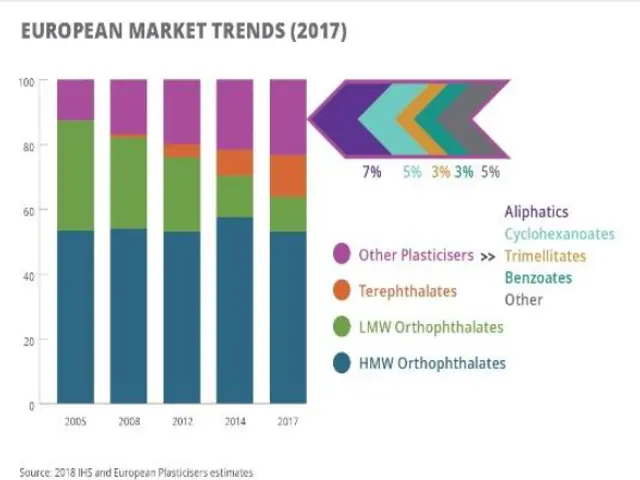It's Time for More Folks to Contribute to the Retirement Pond: A Glimpse at Pension Reforms
Increase Participation in Pension Insurance Contributions
Barbara Bas, the bloke in charge of labor and social affairs, reckons it's high time more people start splashing some cash into the ol' pension insurance system, with civil servants, politicos, and self-employed folks being top of her list. "C'mon, lend a hand to secure our future," Bas eagerly argued to the Funke media group.
The SPD minister believes that roping in these aforementioned groups would be a swell way to beef up incomes, particularly in the pension game, as the aging of society puts a squeeze on the whole shebang. The collective will be assembling a commission posthaste to hash out the nitty-gritty, who'll fling their two cents on reform proposals.
The German Federation of Civil Servants, however, ain't here for it. Spokesperson Ulrich Silberbach shot back, "We aren't keen on being sucked into the one-size-fits-all insurance system." The trepidation stems from the divisive fact that employers would be lumbered with the additional employer's share of the pension contribution, while civil servants' gross salaries would need a hefty boost to accommodate this new obligation. "The bill for this overhaul is mighty steep, and Bas ain't coughed up the change yet," Silberbach snorted.
A Pension Shuffle: What to Expect
With the coalition agreement stipulating that the current pension level of 48% would be locked in until 2031, Bas has been imparting news of impending hikes in retirement contributions. "In due course, contributions will rise slightly because of demographic factors," Bas added. However, she's not in favor of yoking the pension age to life expectancy, as some would suggest. "The link between the two ain't as simple as some folks make it out to be," Bas explained. "There are loads of differing jobs out there, with some individuals wanting to work well past standard retirement age, while others need to hang up the spurs at 60."
Economic and workforce policies will be the driving force behind sustaining the pension system healthily, according to Bas. More yanks punching in and contributing to social security means more moolah for the pension pot. "The more folks leap aboard the employment train, the more cash trickles into our pension coffers," Bas smirked.
The pendulum of pension-related changes continues to swing, with adjustments to workplace pensions and broader employment policies catching our eye:
- Workplace Pensions (bAV):
- Greased Contribution Limit: Starting from 2025, workers can shove up to €7,728 annually pre-tax into their workplace pensions, far exceeding the previous limit of €7,248 in 2024[1].
- Swifter Strides to Financial Freedom: Social security contribution exemptions have inched up to €3,864 annually[1].
- General Pension Insurance (Rentenversicherung):
- As of 2024, contributions remained stationary at 18.6% of income, with employers and employees splitting the tab equally, putting 'em each on the hook for 9.3%[5]. Specific reforms targeting civil servants or self-employed individuals are yet to be stamped in the relevant documents.
- Coalition Agreement:
- Employment and social security reforms dent the coalition agreement, but actionable changes regarding pension contributions specifically for civil servants or the self-employed are still elusive[3].
A Splash in the Unknown: Future Changes for Civil Servants and Self-Employed Folks
Although updates to workplace pension schemes and broader employment policies are causing ripples, finger-lickin' details about pension reforms that narrowly focus on civil servants and self-employed individuals are yet to be announced. Let's keep our gossamer ears to the ground for fresh whispers from the collective commission.
- The employment policy, specifically regarding pension insurance, is a focus for Barbara Bas, who suggests that civil servants, politicians, and self-employed individuals should contribute more to secure the future of the system.
- The SPD minister believes that including these groups would help increase incomes, especially in the pension sector, due to the challenges posed by an aging society.
- Ulrich Silberbach, spokesperson for the German Federation of Civil Servants, expressed reservations about being part of a uniform insurance system, citing concerns about additional employer contributions and potential salary increases.
- The finance minister, Barbra Bas, has hinted at increases in retirement contributions due to demographic factors, but she is against linking the pension age to life expectancy.
- Employment policies play a crucial role in financially sustaining the pension system, with more employment leading to more contributions and, consequently, more money for the pension pot.





